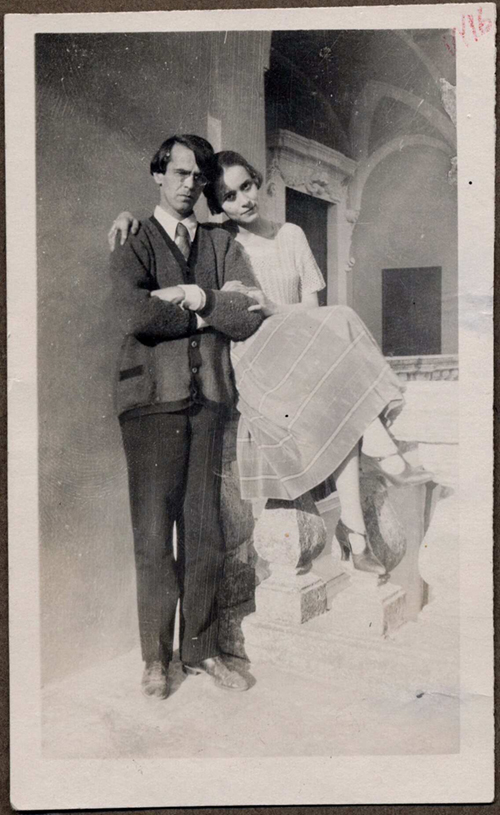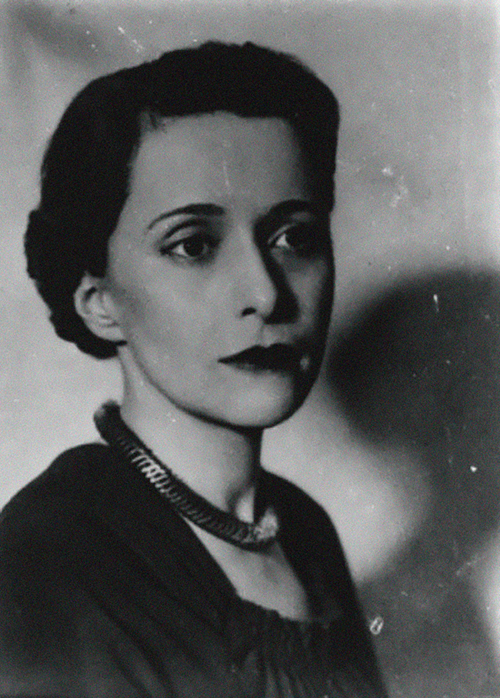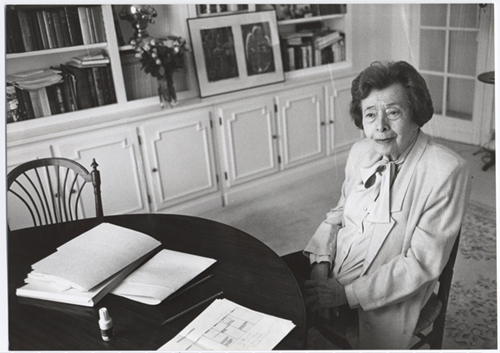By Valeria Paikova
PARIS (Beyond Russia) — With her stunning looks, charisma and sex appeal, Nina Berberova could doubtless have become a silver screen siren. But a different scenario unfolded after she left the Soviet Union for Europe, spent more than two decades as an émigré in Paris and finally moved to the United States, where she became one of the most successful writers of Russian literature in the west.
Bestselling Russian-American novelist Ayn Rand described Nina Berberova (1901-1993) as “one of the most important writers in twentieth century Russian literature.”
Indeed, put her in a time machine and Berberova would be the face of Gloria Gaynor’s I Will Survive disco era hit. She was, in fact, a double threat: a very outspoken charming lady and a self-motivated down-to-earth go-getter.

“I, to my chagrin, considered myself made of pig iron,” Berberova revealed in her autobiography Kursiv Moi, written in Russian but first published in English as The Italics are Mine. Berberova’s superb storytelling skill manifested itself in her memoirs depicting her inner turmoil. She looked back to experiencing the revolution, emigration and WWII through her encounters with Russia’s best writers, poets and thinkers.
She was on friendly terms with Marina Tsvetaeva and Boris Pasternak, Vladimir Mayakovsky and Vladimir Nabokov, Zinaida Gippius and Dmitry Merezhkovsky, Alexander Kuprin and Ivan Bunin, Maxim Gorky and Alexander Kerensky. Her memoir is full of biting sidelights and hurtful comments.











